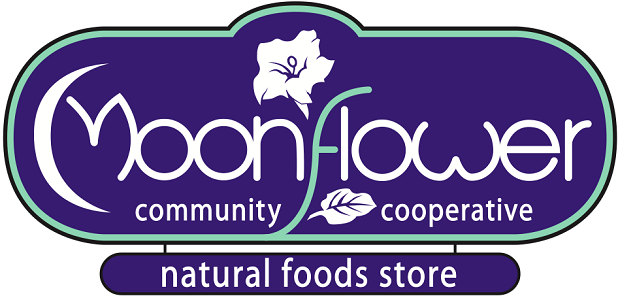On Thursday, October 26th, Emily Stock continued her fall herbalism series with an interactive kitchen class covering herbal preparations, including drying, steeps, infusions, decoctions, and steams. Some of the information in this article was pulled from Emily’s class handout, which you can refer to here.
Learning how to collect and dry herbs and wildcraft one’s own herbal medicine can offer a deeply satisfying, holistic experience. Try using light mesh bags to gather herbs, if available. Dry the herbs while trying to preserve their integrity, and place them in a cool, dry place. Remove gathered herbs from the drying rack as soon as they are dry and immediately place them in an airtight container. Flowers can be pulverized before they’re dried to release beneficial compounds. Roots can be sliced to dry or fresh roots can be added to a tincture.
Within the realm of herbal preparations, one of the most commonly utilized method is steeping, which most of us have done in the past or do on a daily basis. Steeping focuses on harnessing the aromatic compounds of the herbs by pouring hot water over loose, dry herbs or a tea bag, covering the herbs, and allowing them to sit for 7 to 10 minutes. Covering the herbs as they steep prevents the departure of volatile compounds with medicinal benefits. French presses with an inch of herbal material at the bottom can provide an excellent steeping method. Emily cautioned that over-steeping green and black teas can actually cause harm to the stomach due to the tannins within the leaves. She recommended steeping green tea for 2-3 minutes and black tea for 4 minutes.
The difference between steeps and infusions lies within the time the herbs remain in hot or cold water. For infusions, herbs should soak for approximately 2 to 8 hours. Covered hot infusions (using hot water) captures the nutrients, minerals, and volatile oils from the herbs. Emily suggested steeping for about 1.5 hours for mineral infusions. For long infusions, herbs and water can be placed in a coffee maker. Cold infusions require soaking approximately 1 ounce of herb per quart of cold water. Soaking the herbs in cold water pulls out mucilage, which provides benefits to those struggling with any gastrointestinal or sinus issues. Emily suggests trying a cold infusion with 4 parts marshmallow root, 1 part slippery elm, and 1 part licorice.
Unlike steeps and infusions, decoctions do not focus on capturing aromatic compounds. Rather, the focus is concentrating the herb’s nutrients and heavier constituents. Decoctions are used for anything that looks impenetrable, such as berries, roots, and bark, which are generally the more nutritive parts of the plant. Many roots must grow for an extended period before they are harvested, including three years for echinacea and four years for valerian. Barks can be boiled due to their hardiness. Berries should also be boiled. To create a decoction, place herbs in cold water and soak for about an hour. The herbs should then simmer/low boil for several hours until the total amount of liquid is reduced by a third. The decoction can then be placed in the fridge and reheated as needed. Fresh roots can be decocted, but more fresh root than dried root should be used due to their potentially reduced potency.
Finally, steams offer a unique way of using herbs to address certain physical ailments. Steaming preparations are made by using a gallon jar and dropping in a small amount of herb. Pour hot water over the herb, put a lid on the jar, and allow the mixture to steep. Open the jar and put your face over the jar with a towel over your head for a facial. Sitting over a bowl of steaming preparation, particularly with rose, basil, and mugwort, can be beneficial for menstrual difficulties. Pelvic steams can also help with prostate and hemorrhoid problems and benefit many stagnation disorders due to the warm, moisturizing properties.
Herbal preparations vary, and the possibilities are truly endless. The method listed here offer some introductory methods for harvesting and crafting medicine with almost no additional equipment. Moonflower offers a large selection of bulk, loose teas and herbs, allowing you to try your own steeps, infusions, decoctions, and more in the comfort of your own home.
